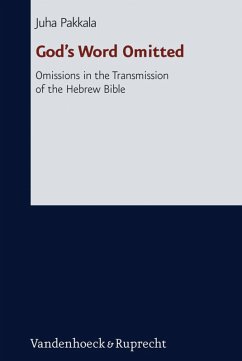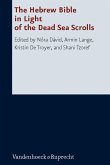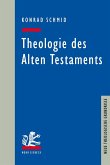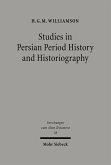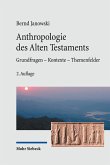The book investigates omissions in the textual transmission of the Hebrew scriptures. Literary criticism (Literarkritik) commonly assumes that later editors only expanded the older text; omissions would not have taken place. This axiom is implied in analyses and introductions to the methodology. The book investigates the validity of the axiom. After a review of literature, books of methodology, and past research, texts from different parts of the Hebrew Bible are discussed with this aim in view. The investigated texts consist of examples which preserve documented evidence about editorial changes. Passages with variant editions are compared in order to understand omissions as an editorial technique. The comparison of variant witnesses includes, for example, passages where the Greek and Hebrew versions differ and cases where parallel passages differ (e.g., Chronicles in relation to Kings, the Temple Scroll in relation the Pentateuch). Example texts have been taken from the Pentateuch, Samuel, Kings, Ezra-Nehemiah, Esther, Jubilees, etc.The investigation shows that omissions took place in part of the transmission of the Hebrew scriptures. Although omissions were clearly less common than additions, the conclusion challenges the axiom of literary criticism. Rejecting the conventional implementation of the methodology, the book provides a new model for understanding the transmission of the Hebrew scriptures that integrates omissions as a possible editorial technique.
Dieser Download kann aus rechtlichen Gründen nur mit Rechnungsadresse in A, B, BG, CY, CZ, D, DK, EW, E, FIN, F, GR, H, IRL, I, LT, L, LR, M, NL, PL, P, R, S, SLO, SK ausgeliefert werden.

